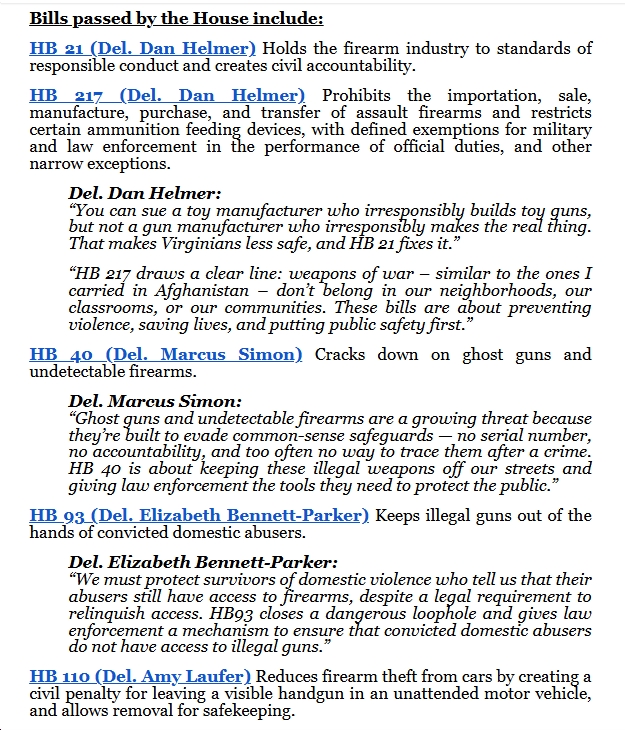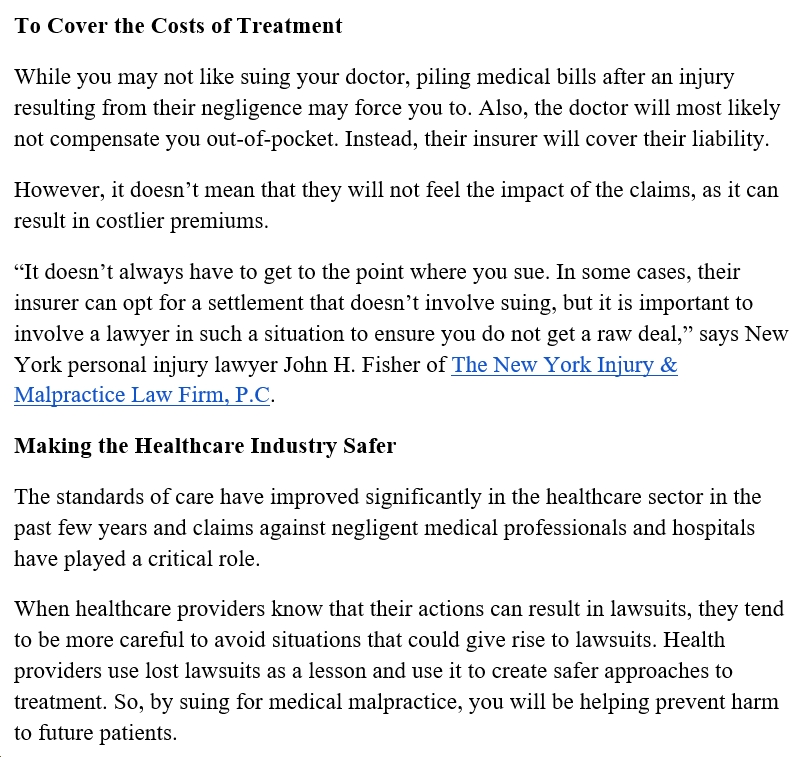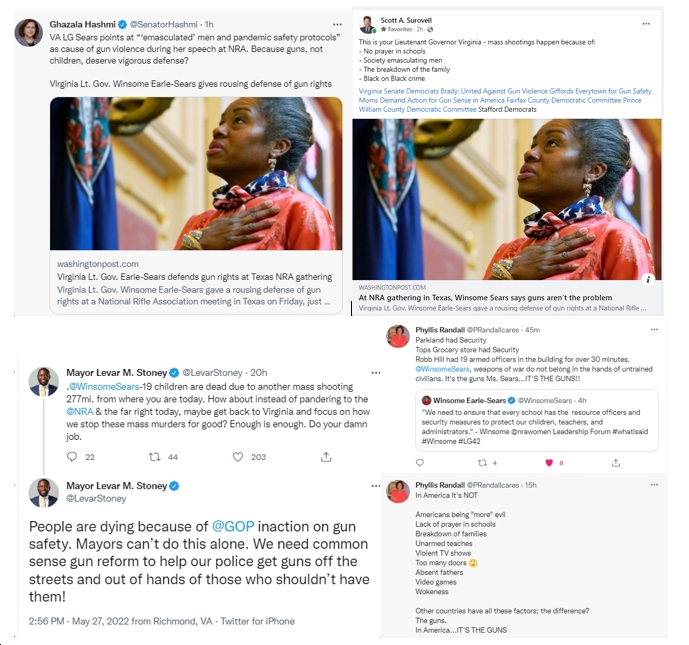SPONSORED CONTENT
As parents and children gear up to go back to school and classes return to in-person after a year online, questions on gun safety and gun license approval have returned to the forefront. When considering the number of dangerous incidents created by a mentally ill person with a gun, attorneys, judges, and concerned citizens are delving into the process of gun license approval more than ever before. In Macon, an armed man going through a mental health episode engaged in an hours-long standoff with police just last month. Although no one ended up getting hurt, the recency of this incident further calls into question if Georgia’s current gun laws are sufficient in preventing those with mental health disorders from acquiring a firearm.
Here are all the relevant federal and state requirements for purchasing and carrying a firearm in Georgia, along with the reasons a person may be prohibited from acquiring a gun license.
Gun License Prevention
As a Probate Judge for Bibb County, part of Sarah Harris’s job entails evaluating who does and does not get a gun license. She explains that although all judges interpret cases differently, federal and state laws do not give them much leeway. While there are undoubtedly many complex cases Judge Harris must sift through, laws relating to the issuance of a weapons license are very black-and-white, taking much of the decision-making process out of her hands.
Federally, a person is automatically barred from obtaining a firearm if they have been convicted or are currently under indictment for a felony, have an active warrant, or a judge rules that they require extensive mental health treatment. Judge Harris states that her ability to decide if a person requires comprehensive mental health treatment is the primary avenue for her to implement her interpretation on a case, as the other two requirements are very straightforward. Judge Harris also claims that while federal gun laws are relatively rigid, Georgia’s gun laws are far more lenient, further complicating the process as some gun license applicants meet the state requirements but not the federal requirements.
Judge Harris claims that the only way the state can permanently bar a person from getting a gun license is through an extensive process brought about by a judge’s decision. However, these cases are rare and only applied in instances with extreme mental health concerns.
Gun License Approval
In Georgia, all you need to do for approval of a firearm license is pass one background check and mental health evaluation. While this may appear pretty cut and dry, even if a person fails their mental health evaluation and is court ordered to complete mental treatment, they can still reapply for a gun license in five years. According to Georgia’s state laws, the courts can remove a person’s failed mental health evaluation from their record after five years. Unless the courts or a loved one involuntarily committed the person, the state would be unaware of their condition if they applied for a gun license five years later.
The Root of the Problem
Ultimately, Judge Harris and many other law professionals believe that while loopholes exist for those with mental health concerns to acquire a firearm license, the real issue stems from the mental health system. Many people falsely believe it is far easier to commit a mentally ill person than in actuality. To commit someone you care about, you must go through an arduous process that a hospital generates and approves. Another main concern is that current mental health laws do not address patients who have been prescribed medication but are not taking it. A similar issue arises when patients who have been taking their medication decide to stop. Regardless of whether their family is aware and concerned, there is nothing the legal system can do until the person falls apart.
“While the legal system typically tries to protect people from harm, there’s not much that can be done when the laws on the books are lagging behind our current issues,” said Attorney John Dixon of Yates & Wheland. “Mental health has been a growing concern in recent years, but the reality is that our legal system still has room for improvement for making sure there’s ways for us to properly respond to individuals who may be facing mental health challenges.”
As a result, Harris and other state leaders are currently working to change some of Georgia’s laws surrounding mental health. Judge Harris is optimistic that real change can be achieved in the future, as current mental health laws are not sufficient to prevent unwell Americans from getting approved for a firearm license.


















